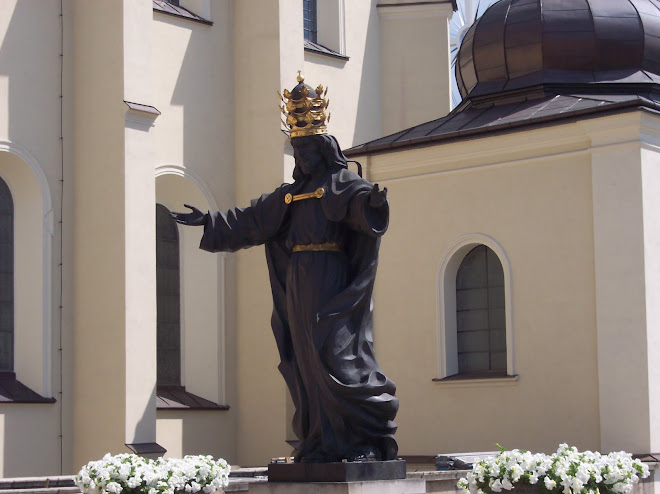It seems like yesterday, but when I was at University nearly fifty years ago, people happily talked about the relationship between the rising U.S.A. and declining Great Britain as comparable with that of the Roman empire with Ancient Greece. I thought it shallow then; time has proved it to be utterly hollow.
Americans, it was risibly and arrogantly suggested, were educated barbarians, the English an ancient, highly cultured civilisation, with a glorious artistic history and, as late as 1961, no shortage of living, if aging, good writers. Aldous Huxley, Evelyn Waugh, A.P. Herbert, L.P. Hartley, Tolkien, John Masefield, Siegfried Sasson were all still alive. Chesterton, Belloc, Kipling were a recent memory. Educated people still spoke, not merely in sentences, but in paragraphs. Undergraduates studying 'dead' languages could write, in examinations, verse in those languages.
Britain never really was Ancient Greece. At the time of Shakespeare and Bloody Betsy, Sir Philip Sidney, returning from a stay in Italy, where he had met the literary giants of his day, joined a royal progress, where the queen was entertained by a man who could shout so "loud that he could be heard in three counties". The Elizabethan aristocrats, as described by John Buxton in his probably now forgotten book, Elizabethan Taste, were, in truth, a bunch of upstart racketeers, enriched by the spoils of the so-called Reformation.
All this is prompted my my recent trip to the historical sites of Ancient Greece, of which more later. But clearly the European disease which has destroyed England is rife in Greece too. A Statue of Bouboulina, a heroine of the Greek War of Independence, is now daubed with swastikas, anarchist symbols, and obscene graffiti. The cheap but very decent hotel I stayed in in Athens is opposite a crack house with peole smoking drugs and raving all night on their balconies.
It seems there is no cultural reservoir left from which powerful nations can draw some enlightenment, as the Roman Empire did from Greek philosophers and poets. Perhaps there is still a gleam of hope in Russia, Lithuania, and Poland, soon (I hope I am wrong) to be extinguished by the canting despots of the European Union, heirs of Marcuse and his foul ilk.
Matthew Arnold wrote of Homer and Sophocles as the writers "who prop in these sad days my mind". John Reith said that he read Chesterton's Lepanto to his appreciative men in the first World war Trenches. Countless young soldiers sustained themselves with books of poetry and bibles.
What would they read now?
The lights went out all over Europe in 1914. Some still flicker, guttering. Most have never been relit.
Hatred Explained
-
So, what is emerging one week after Charlie Kirk’s brutal assassination?
The assassin was the “boyfriend” of a male who fancies himself a woman.
That is, h...
5 hours ago







































2 comments:
"Undergraduates studying 'dead' languages could write, in examinations, verse in those languages."
When I saw the film version of Terence Rattigan's "The Browning Version" (the original one with Michael Redgrave) I was amazed at the portrayal of schoolboys (aged around 15) engaged in Greek verse composition. When I did Latin and Greek A-level in the early 80s we could scarcely have begun to compose Greek verse. Two of us requested tuition in Latin verse composition and found ourselves to be utterly hopeless at it. The headmaster (a classicist himself) happened upon one of the lessons and remarked that he could never see the point of Latin verse composition. In a small way, that illustrates your wider point.
I too remember the play, which reminds me of L.P. Hartley's "The past is another country, and they do things differently there".
Your last sentence deserves a post of its own. What is the point of Latin or Greek prose or verse composition, or of climbing a mountain, sailing round the world single-handed, or philosophy?
I think we would both give a very positive answer to that question, and would interested to know your views on the subject.
Thank you. I feel a post coming on.
Post a Comment